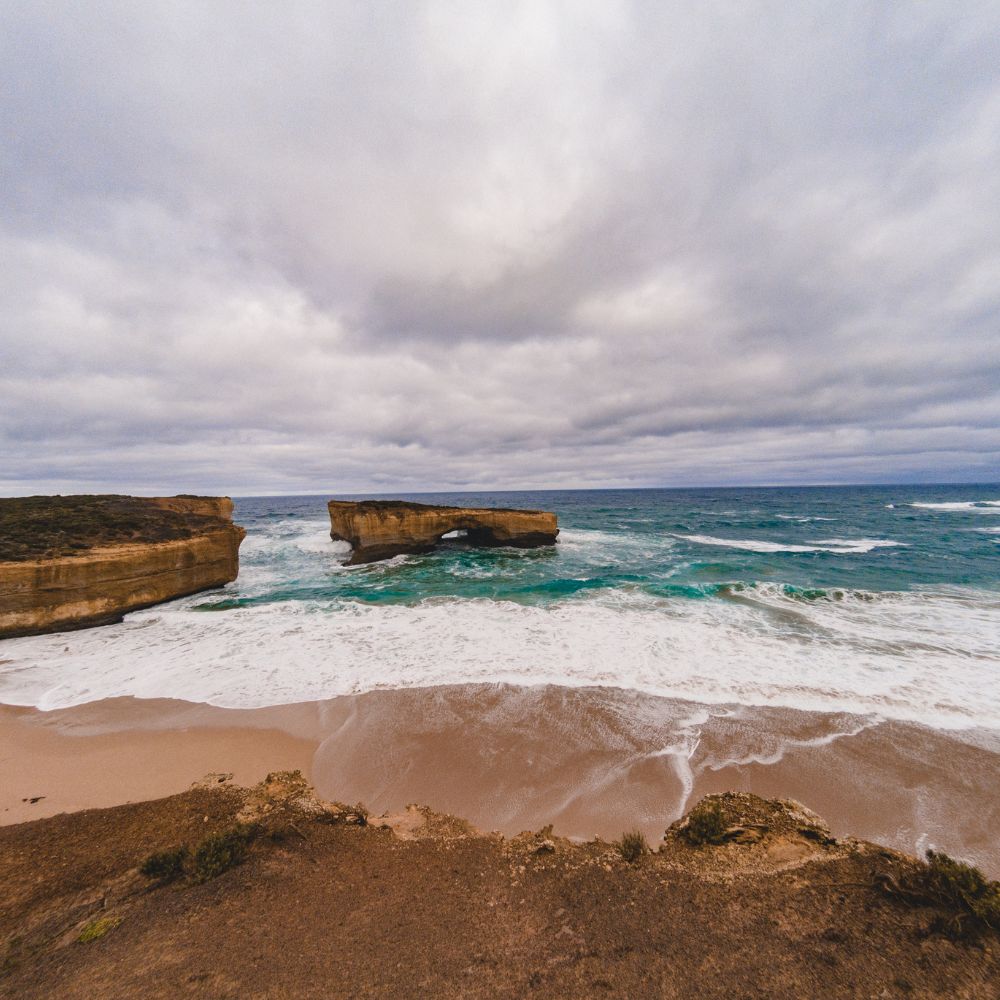Tar balls force closure of Sydney beaches
Several popular beaches in Sydney have been forced to close following the discovery of toxic “tar balls” washing up on the shoreline. The unusual phenomenon, which has caused environmental concerns and disrupted beach activities, has prompted authorities to take precautionary measures to protect public health and the marine ecosystem.
The tar balls, which are dark, sticky lumps of petroleum, were first spotted on Bondi Beach, one of Sydney’s most iconic stretches of coastline. As the situation unfolded, it became apparent that the contamination had spread to other nearby beaches, including Tamarama and Bronte. Concerned locals reported a strong odor and the presence of the tar balls on the sand and in the water.
Environmental experts believe that the tar balls likely originated from a spill at sea, possibly from a passing vessel or an offshore oil platform. The exact source of the pollution is still under investigation, but authorities are working diligently to identify the culprit and hold them accountable.
The closure of the beaches has had a significant impact on the local community, particularly during the peak tourist season. Many businesses that rely on beachgoers, such as surf schools, cafes, and souvenir shops, have experienced a decline in revenue. Additionally, the closure has disrupted recreational activities, including swimming, surfing, and sunbathing.
In response to the crisis, local authorities have implemented a range of measures to mitigate the environmental damage and protect public health. These measures include:
Beach closures: Affected beaches have been closed to the public until further notice.
Cleanup efforts: Crews are working around the clock to remove the tar balls from the beaches and prevent them from spreading further.
Water testing: Regular water quality tests are being conducted to monitor the extent of the contamination.
Public warnings: The public has been advised to avoid swimming or wading in the affected areas.
While the situation remains fluid, authorities are hopeful that the tar balls will be removed and the beaches can be reopened to the public in the near future. The incident serves as a stark reminder of the fragile nature of marine ecosystems and the importance of protecting them from pollution.









